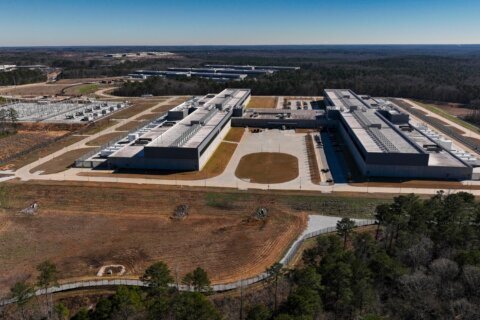Tech enthusiasts were abuzz for the last few weeks about the possibility of a new superconductor called LK-99, and while recent studies show the material may not be a superconductor after all, scientists are still excited about the possibility of the “Holy Grail” of material sciences.
A superconductor is a material that, when below a certain critical temperature, exhibits general electrical resistance — meaning that an electrical current that can flow through it without any loss of energy.
Current semiconductors that we use in consumer electronics lose some energy through heat — that’s why you hear that fan going off inside your laptop.
In late July, scientists in South Korea announced a version of LK-99 that’s a superconductor able to operate at room temperature and ambient pressure.
“Current superconductors can only [work] in very low temperatures. So it’s really hard to [be] applicable in the consumer electronics,” said Lina Quan, an assistant professor of the chemistry at Virginia Tech. “But [if it can] operate at room temperature it would be considered as a major scientific breakthrough in many different potential applications.”
Preprints over the past week have shown that others have not been able to replicate the same findings with LK-99, calling into question its potential use as a superconductor.
But if the elusive material that can superconduct at ambient temperatures is discovered, Quan tells WTOP it will be a monumental change for technology.
For example, in energy transmission, superconductors could revolutionize power grids by allowing lossless transmission of electricity, dramatically reducing waste and lowering energy costs.
“And in the health care technology, MRI scanners could become more compact and efficient, potentially reducing the cost and making these devices more accessible and worldwide,” added Quan.
It could even affect space exploration and enable more efficient and lightweight power systems for missions, reducing the reliance on traditional fuels and increasing the range of spacecrafts.
“This material has also been used in … quantum computing. But room temperature superconductors could make the quantum computing more practical and accessible to all,” Quan said.
While LK-99 might not be the answer to the superconducting problem, “perhaps these findings and renewed excitement will lead to other advancements that offer high speed, energy efficient trains, cheap quantum supercomputers and highly scalable batteries to store renewable energy,” she said.








